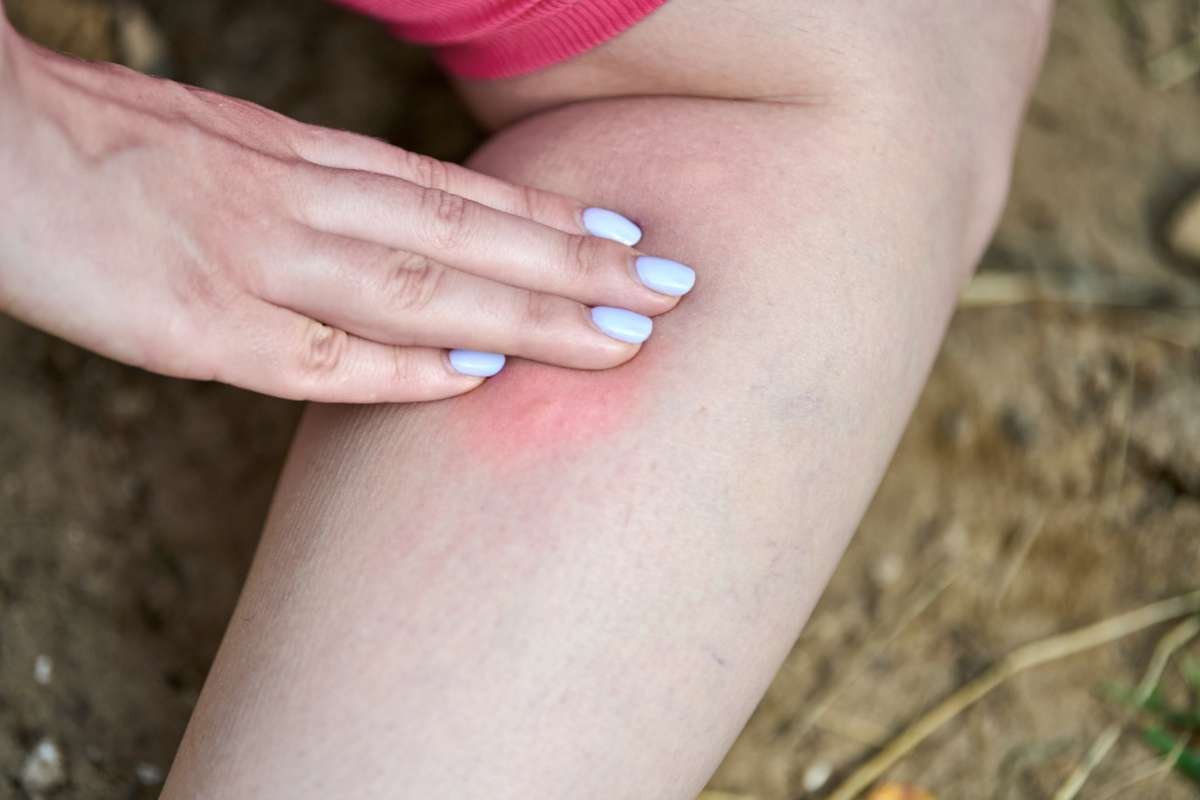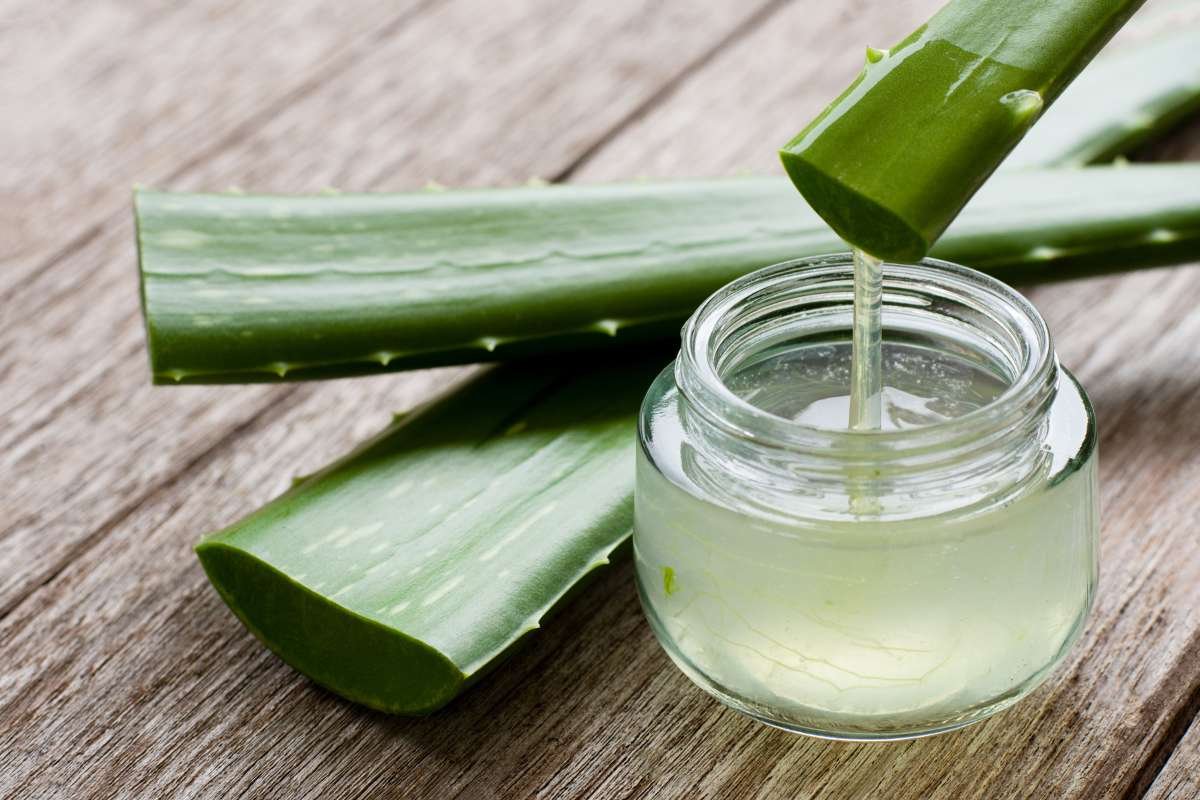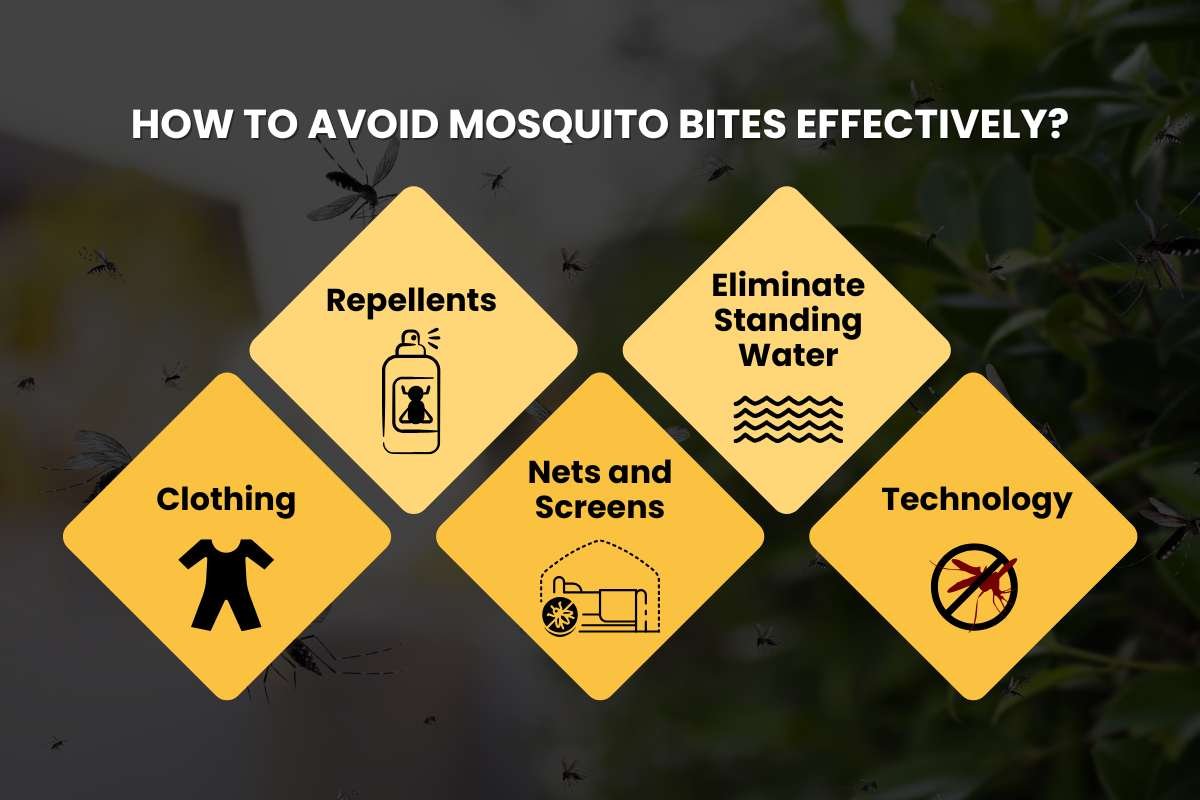The small, itchy red lump called a mosquito bite is so common. We often regard it as just a minor nuisance. However, considering mosquito bite symptoms is important. Because that little prick is actually an injection of foreign proteins into your body. In most cases, this injection results in mild swelling and itching at the site. But in other cases, the symptoms your body expresses could be a vital warning. It might hint that your body is experiencing an antithetical reaction to something. Starting from a strong allergy to a mosquito-borne illness.
What do the symptoms of your mosquito bite mean? Itchiness is not the only symptom to consider. Persistent, worsening, or systemic reactions are important warning signs to see a doctor. But among these common symptoms that appear on your skin. However, a few of these signs can hint towards critical health issues. But how can we determine which one needs immediate medical attention? Let’s find out which mosquito bite symptoms could be an alert from your body.
What Really Happens When a Mosquito Bites You?
When a mosquito lands on you, it is not just out for a quick bite. But it is engaging in a delicate biological process that most of us do not understand. The mosquito uses a hollow, needle-like mouthpart called a proboscis. It penetrates your skin to find a blood vessel. When the mosquito is drawing the blood out of the vessel. It is also injecting a cocktail of saliva containing anticoagulants and proteins. They are designed to help keep your blood flowing smoothly for ease of feeding.
This “little injection” serves to engage your body’s alarm system. Your immune system recognizes these foreign substances and releases histamine. This release of histamine is what causes the itching, redness, and swelling. That is what you are familiar with during a mosquito bite. Your body attempts to flush out the invaders and to repair the damage done to your skin.
Mosquito Bite Symptoms You Shouldn’t Ignore:
Common mosquito bite symptoms you shouldn’t ignore. It includes both classic and lesser-known reactions. Here are the key symptoms:
- Redness: The area around the bite often becomes red due to the body’s mild allergic response to mosquito saliva.
- Swelling: Mild swelling or puffiness typically occurs around the bite site, which may last several days.
- Itching: Intense itching is a hallmark symptom caused by histamine release as the immune system reacts.
- Small bumps: Raised, round, and puffy bumps commonly develop where the mosquito pierces the skin.
- Blistering: Some bites can form small blisters instead of or along with bumps, indicating a stronger local reaction.
- Hives: In some individuals, especially children or those with allergies, large hive-like rashes or welts may appear.
- Localized pain or warmth: Occasionally, the bite site can feel sore, painful, or warm to the touch, signaling a more severe inflammatory response.
There is considerable variation in the severity of symptoms. Differing from one individual to another. The majority will have mild symptoms lasting several days that will resolve. Children, people with sensitive skin, or people with immune disorders may go on to have moderate to severe symptoms. Such as large swelling, blisters, and/or potentially develop secondary infections from scratching. Severe allergic reactions, such as anaphylaxis. It can occur rarely, which may require an emergency room visit. Monitoring symptoms and avoiding scratching will help to avoid complications.
Mosquito Bite Symptoms Timeline: From First Bite to Healing
Here is the typical timeline of mosquito bite symptoms. Along with factors affecting recovery and a tip for symptom tracking:
| Timeline Stage | Description |
| Immediate Reaction | Within minutes, a red, raised bump with itching begins. |
| 24–48 Hours | Swelling and itching peak, and redness may deepen. |
| 3–4 Days | Bump and redness start to fade, and itching lessens. |
| Up to 7 Days | Swelling subsides fully; healing completes unless irritated. |
Factors affecting healing include skin type. Such as sensitive or thick skin. Or bite location, if it is the face and upper body. It may swell more. And scratching habits can prolong healing and increase infection risk.
Track bite progression daily. By noting size, redness, swelling, and itch severity. This helps in self-care decisions. And it provides useful information to healthcare providers if complications arise.
Mosquito Bite Symptoms by Age and Health Conditions:

Mosquito bite symptoms vary by age and health condition. Primarily due to differences in immune system maturity and response:
- Children often experience intense itching, swelling, and sometimes allergic reactions. Like a large local swelling, hives, or blistering. Due to their developing immune systems. They are also more prone to skeeter syndrome. A severe allergic reaction to mosquito saliva.
- Adults typically have mild to moderate itching. It may exhibit delayed swelling that is less intense than in children. Adults’ immune systems tend to moderate their reactions over repeated exposures.
- Seniors and immunocompromised individuals face a higher risk of complications. Such as infections, prolonged healing, and more severe inflammatory responses. Their weakened or altered immune systems may not fight off secondary bacterial infections. Or control allergic responses effectively.
Age and immunity are critical. Because they influence how the body reacts to mosquito saliva proteins. Immune systems can be stronger, developing, or weakened. It causes varying symptom severity and healing times. Careful monitoring of symptoms is necessary. Especially in vulnerable groups. This prevents complications and encourages seeking timely medical attention.
When Can Mosquito Bite Symptoms Signal Something Serious?

Mosquito bite symptoms can sometimes signal serious health issues, especially when linked to mosquito-borne diseases like dengue, Zika, or malaria. Watch for these warning signs:
- Fever, often high or sudden onset
- Nausea or vomiting
- Rash spreading beyond the bite area
- Persistent or increasing swelling around the bite
- Severe headache, muscle, or joint pain
- Fatigue, body aches, or stiff neck
These signs might be due to an infection or systemic disease. That is caused by a mosquito-borne virus or parasite. If you have any of these symptoms after a mosquito bite. Particularly after traveling to an area where mosquito-borne illnesses can occur. See a doctor as soon as possible. Early diagnosis and treatment can minimize the risk of further complications.
Natural Remedies for Mosquito Bites Symptoms at Home:

Natural remedies offer effective and gentle relief for mosquito bite symptoms. Like itching and swelling without harsh chemicals. Here are commonly recommended options and safe usage tips:
- Cold compresses or ice packs reduce swelling and numb itching. When applied for 5-10 minutes, several times a day.
- Aloe vera gel soothes skin inflammation. It helps heal the bite with its cooling, anti-inflammatory properties.
- Oatmeal baths or a paste made from oatmeal mixed with water. It can calm itching and irritation. Due to anti-irritant compounds.
- Essential oils such as lavender, tea tree, or peppermint. It can ease itching and reduce inflammation. But it should be diluted with a carrier oil before applying to the skin. As it could lead to irritation.
Do’s:
- Clean the bite area gently before applying remedies.
- Use natural treatments consistently. Several times a day for the best results.
- Keep fingernails short and avoid scratching to prevent infection.
Don’ts:
- Don’t use undiluted essential oils directly on the skin.
- Avoid scratching or breaking the skin to reduce infection risk.
- Steer clear of heat treatments on open wounds or irritated skin.
These remedies provide safe, soothing relief while supporting natural healing.
How to Avoid Mosquito Bites Effectively?
Effective prevention of mosquito bites centers on reducing exposure. Along with eliminating breeding sites. Key measures include:

- Clothing: Wear long-sleeved shirts, long pants, and socks. Preferably light-coloured and tightly woven. To minimize exposed skin.
- Repellents: Use EPA-approved insect repellents. It should contain DEET, picaridin, or oil of lemon eucalyptus. Especially during peak mosquito activity at dawn and dusk.
- Nets and Screens: Sleep under insecticide-treated mosquito nets. And ensure window and door screens are intact to keep mosquitoes out indoors.
- Eliminate Standing Water: Regularly empty or treat standing water. In birdbaths, buckets, gutters, and plant trays where mosquitoes breed.
- Bonus technology tip: Ultrasonic repellents and smart mosquito traps use sound waves or attractants. It helps to deter or capture mosquitoes. Adding a chemical-free layer of protection in homes and yards.
Seasonal risks heighten during warm, wet months. When mosquito populations spike. Peak mosquito activity typically occurs during early morning and evening hours. So limiting outdoor exposure then helps.
Also Read:
- How to Identify Common Bug Bites So You Don’t Panic Next Time?
- 15 Natural Remedies for Bug Bites That Work When Nothing Else Does
- Understanding and Treating Gnat Bites: Tips for Relief and Prevention
Experts’ Advice and Studies on Mosquito Bite Reaction:
Experts in dermatology and immunology. They emphasize the complex immune reactions triggered by mosquito bites. Due to proteins in mosquito saliva. According to Dr. Rico-Hesse et al., mosquito saliva contains immunomodulatory proteins like sialokinin. It shifts the human immune response toward a Th2 profile. This can reduce antiviral defenses and increase allergic reactions. Studies using humanized mice demonstrate that a mosquito bite can alter immune cell populations. Increasing natural killer T cells and regulatory T cells for up to seven days post-bite. This influences both inflammation and disease susceptibility.
Conclusion
Many of us can treat common mosquito bite symptoms at home. With the expectation that the symptoms will resolve quickly. The bigger lesson is to remain alert. By educating ourselves on the biology of the bite. We can understand that fever, an expanding rash, severe pain, or confusion is not just a strong immune response. But potentially a warning sign.
A firm pain can become a useful health check. Protect yourself, watch your symptoms closely. Know that there is value in listening to your body. When it sounds an alarm after a mosquito bite. Quick medical attention is key to keeping a minor annoyance from becoming a major complication.
FAQ:
1. What are the first signs of mosquito bite symptoms?
The first signs usually appear within minutes of a bite. You might notice a small red bump, mild swelling, and itching. Where the mosquito pierced your skin. These symptoms occur because your body reacts to proteins in mosquito saliva. This prevent blood from clotting.
2. Why some mosquito bites itch more than others?
The intensity of itching depends on your body’s immune response and the mosquito species. Some people are more sensitive to mosquito saliva proteins. While others develop mild or delayed reactions. Environmental factors like humidity and temperature can also play a role.
3. Do mosquito bite symptoms differ by region or mosquito type?
Absolutely. Mosquitoes in tropical areas may carry diseases like dengue, malaria, or Zika. This can cause systemic symptoms beyond the skin. In contrast, bites in non-endemic regions. They are usually harmless but still cause itching and irritation.






